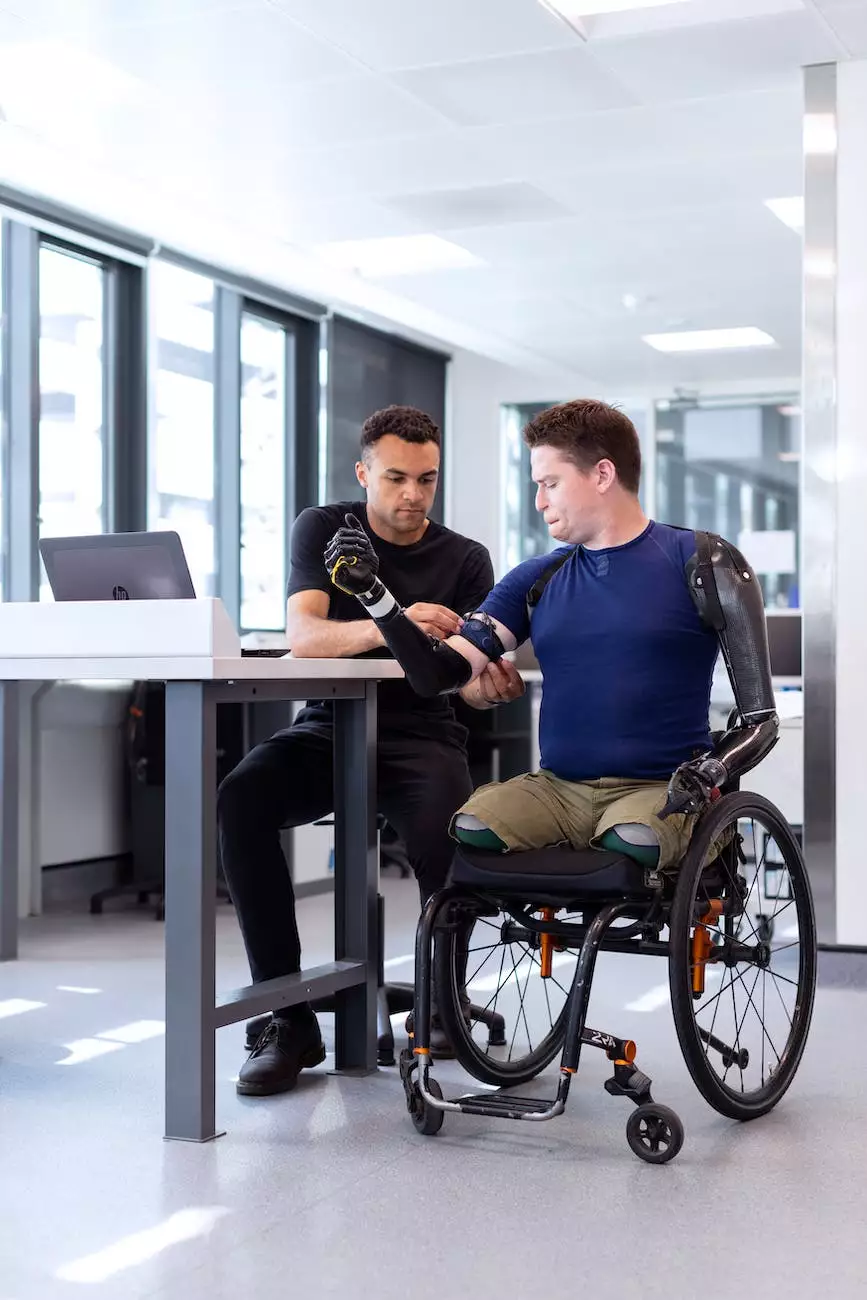Anesthesia & Pain Control - Oceanside
Orthopedics and Spine
Shoulder Replacement Surgery: Ensuring Comfort and Control
Welcome to Richard Martinez, MD — your trusted resource for shoulder replacement surgery in Oceanside. We understand that undergoing any surgical procedure can be daunting, but we are committed to providing a safe and comfortable experience for all our patients. In this article, we will delve into the critical aspects of anesthesia and pain control during shoulder replacement surgery, ensuring your well-being is our top priority.
The Role of Anesthesia
Anesthesia plays a crucial role in shoulder replacement surgery as it aims to keep you pain-free and comfortable throughout the procedure. Our highly skilled anesthesiologists are experts in administering the appropriate anesthesia type, taking into consideration factors such as your medical history, preferences, and the surgeon's requirements.
Types of Anesthesia
There are primarily three types of anesthesia used in shoulder replacement surgery:
- General Anesthesia: This type induces temporary unconsciousness, allowing you to remain completely unaware during the surgery. It ensures a pain-free experience and is often preferred for longer procedures.
- Regional Anesthesia: This type numbs specific areas of your body, typically from the neck down. Two common forms of regional anesthesia used for shoulder replacement surgery include:
- Interscalene Block: This involves injecting local anesthetic near the nerves that provide sensation to the shoulder. It effectively blocks pain signals during and after the surgery.
- Axillary Block: This technique involves targeting the nerves in the armpit area to provide pain relief during the procedure.
- Local Anesthesia: Local anesthesia is often used in conjunction with other types of anesthesia. It involves injecting numbing medication directly into the surgical site, providing temporary pain relief.
Pain Control During and After Surgery
At Richard Martinez, MD, we employ a multi-modal approach to pain control during and after shoulder replacement surgery. Our team of dedicated professionals work closely with you to develop a personalized pain management plan, ensuring a smooth recovery process.
During Surgery
Throughout the surgery, our anesthesiologist monitors your vital signs and adjusts the anesthesia levels to maintain your comfort. A combination of intravenous medications and local anesthesia helps keep your pain levels under control, allowing the surgical team to perform the procedure with utmost precision.
Post-Surgery Pain Management
To provide effective pain relief after shoulder replacement surgery, we employ various techniques and factors including:
- Patient-Controlled Analgesia (PCA): PCA allows you to self-administer pain medications through a pre-programmed pump. This gives you control over managing your pain within safe limits.
- Nerve Blocks: Nerve blocks are commonly used to provide prolonged pain relief after surgery. By temporarily numbing specific nerves, they help manage pain during the initial recovery period.
- Oral Pain Medications: Your surgeon may prescribe oral pain medications to take at home to help manage any discomfort experienced during the recovery phase.
- Ice Therapy: Applying ice packs to the surgical area helps reduce swelling and alleviate pain. Our team will provide specific instructions on proper ice therapy techniques.
Your Comfort is Our Priority
At Richard Martinez, MD, we understand that a comprehensive approach to anesthesia and pain control is vital for a successful shoulder replacement surgery. Our experienced team, state-of-the-art facilities, and commitment to your well-being ensure that you will receive the highest level of care throughout your journey with us.
For more information about our services or to schedule a consultation, please contact Richard Martinez, MD today. Our dedicated team is here to answer any questions you may have and guide you through the process of shoulder replacement surgery with utmost compassion and expertise.










